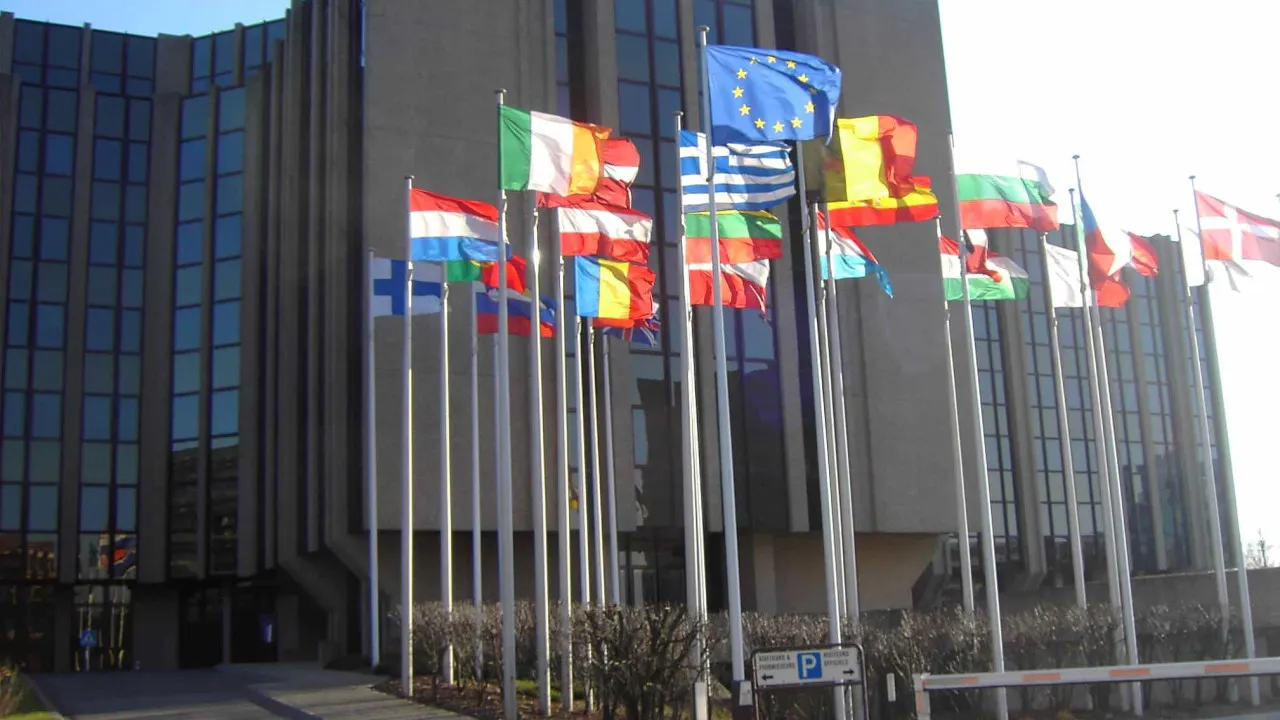
“During the 2014-2020 programming period, cohesion policy accounted for an average of 14% of total public investment in the EU as a whole, but with considerable variations among Member States,” states the European Court of Auditors (ECA) in a report released today.
In a document focusing on the future of cohesion policy and lessons from the past, the EU auditor highlights Portugal as the country within the community bloc with the highest percentage of these European funds relative to public investment, accounting for 90% according to the ECA’s calculations.
It is followed by Croatia (69%), Lithuania (67%), Slovakia (60%), and Bulgaria (58%).
Conversely, the countries with the least cohesion in their public investments are Denmark, the Netherlands, Luxembourg, and Sweden, each with 1%.
Overall, the EU’s cohesion policy provided around one trillion euros to EU countries between 1989 and 2023, with projections for an additional 400 billion euros by 2027, making it the largest regional development policy of its kind in the world.
According to the European Commission, cohesion has helped reduce social and economic disparities in the bloc, but the ECA notes that this process has not been uniform across all regions.
“Patterns of economic convergence reflect diverse national dynamics. For example, stronger growth in the capital regions of Eastern Member States often increases disparities within those countries, whereas in Portugal, regional convergence resulted from slower growth previously experienced in high-performing regions,” the report states.
In a statement, the EU auditor notes that, “in recent periods, the implementation of the [cohesion] policy has given more importance to performance, with little visible success.”
“In this area, a consideration would be supporting national and regional reforms to increase the efficiency and effectiveness of EU-funded investments. Additionally, the ECA has noted several times that it would be easier to create data-driven policies if performance was better monitored and evaluated,” it adds.
The report also highlights “the importance of having applicable rules adopted early for faster programming and a good level of advance funding so execution can start on time.”
It suggests revising rules to avoid “unnecessary bureaucracy and a high risk of error,” as well as increasing transparency to “hold managers accountable” and “recover funds used improperly.”
The ECA further observes that over time, cohesion policy has had to cover an increasing range of EU priorities and goals, notably unforeseen situations such as the COVID-19 pandemic and the influx of refugees from Ukraine following the country’s invasion.
“While recognizing the importance of flexibility in the use of funds, the ECA warns that this disperses cohesion policy funds and may divert them from their main purpose of reducing regional inequalities, emphasizing that future policy goals must remain linked to each region’s development needs and focus on increasing economic and social convergence,” it concludes.
With a budget of 392 billion euros for the current programming period 2021-2027, cohesion policy is the EU’s main investment policy.
The current EU framework provides around 23 billion euros for Portugal to implement cohesion programs.




